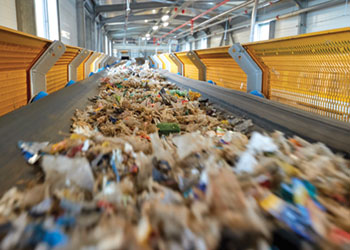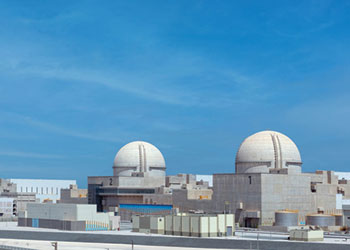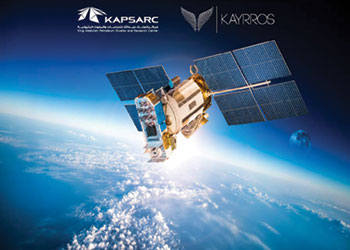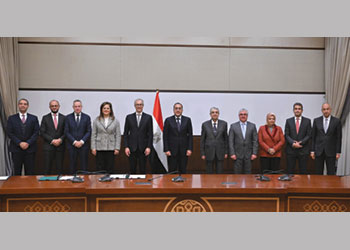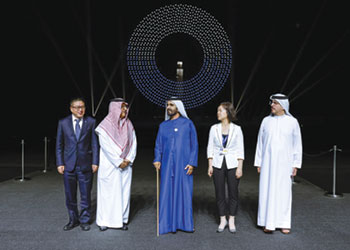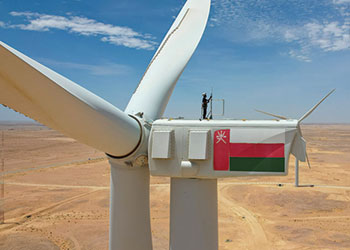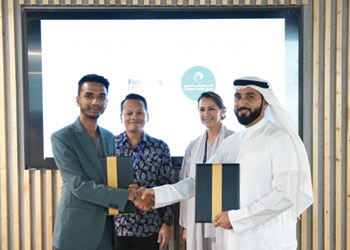
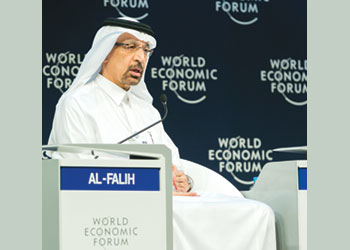 Al Falih expects petrochemical sector to grow
Al Falih expects petrochemical sector to grow
Saudi Arabia's petrochemical sector is poised to attract investments of up to $600 billion in by 2030, Khaled Al Falih, the country's Investment Minister, said according to a report.
Speaking at the Saudi-Japanese Investment Forum held in Riyadh on December 25, the minister announced the sealing of 14 agreements and memorandums of understanding (MoU) between Saudi and Japanese entities at the forum, said the Saudi Gazette report.
Early last month, Prince Abdulaziz bin Salman, Saudi Arabia’s Energy Minister, expressed confidence in the rapid growth of global demand for petrochemicals even as the industry ramps up decarbonisation efforts to meet climate change goals.
"Petrochemicals are here to stay, and the hydrocarbon sector will continue to generate income and generate money for investors," he said at the annual Gulf Petrochemicals and Chemicals Association (GPCA) in Doha, Qatar.
Globally, the fast growth in the petrochemical sector will be reflected in greater demand for hydrocarbons as a feedstock, he said, adding that the industry is expected to grow by more than 50 per cent to around 1.2 trillion tonnes per year by 2040, with demand for basic chemicals such as ethylene and propylene growing by more than 60 per cent.
"To capture this global growth and play a role in meeting the future demand for petrochemicals, Saudi Arabia’s strategy in petrochemicals aim at maximising added value, while minimising the carbon footprint… by focusing on liquids to chemicals and upgrading low value streams that being burned as fuel to feedstock for petrochemicals," he said.
He added the industry was advancing through leveraging innovative and emerging technologies to maximise the yield of crude oil and conventional fuel into petrochemicals.
Given that green and low carbon chemicals are at the heart of the Kingdom’s sustainability goals, Saudi Arabia is assessing production of sustainable and low carbon chemicals, such as e-methanol and clean urea by building a carbon dioxide utilisation hub.
E-methanol is produced with renewable energy.
"We envision the hub will maximise the value for carbon dioxide and enable a new green industry in the Kingdom’s planned clean energy economy," the Prince said.
Saudi Arabia is expanding its portfolio with at least four projects coming online in the next few years, and many more that focus on liquids to chemicals.
At the Saudi-Japanese Investment, 45 major Japanese companies are participating in the forum, which will showcase opportunities for these companies to engage in large-scale projects in the kingdom, such as Neom and the Red Sea projects.
The Japanese delegation includes 14 startups with unique technologies capable of transforming entire industries, he said.
He also referred to the energy sector as a fundamental pillar of Saudi-Japanese relations for the past 70 years.
Saudi Arabia is determined to become the world’s largest centre for clean hydrogen production and export, with Japan being the first recipient of the Kingdom’s blue ammonia shipment.







































































